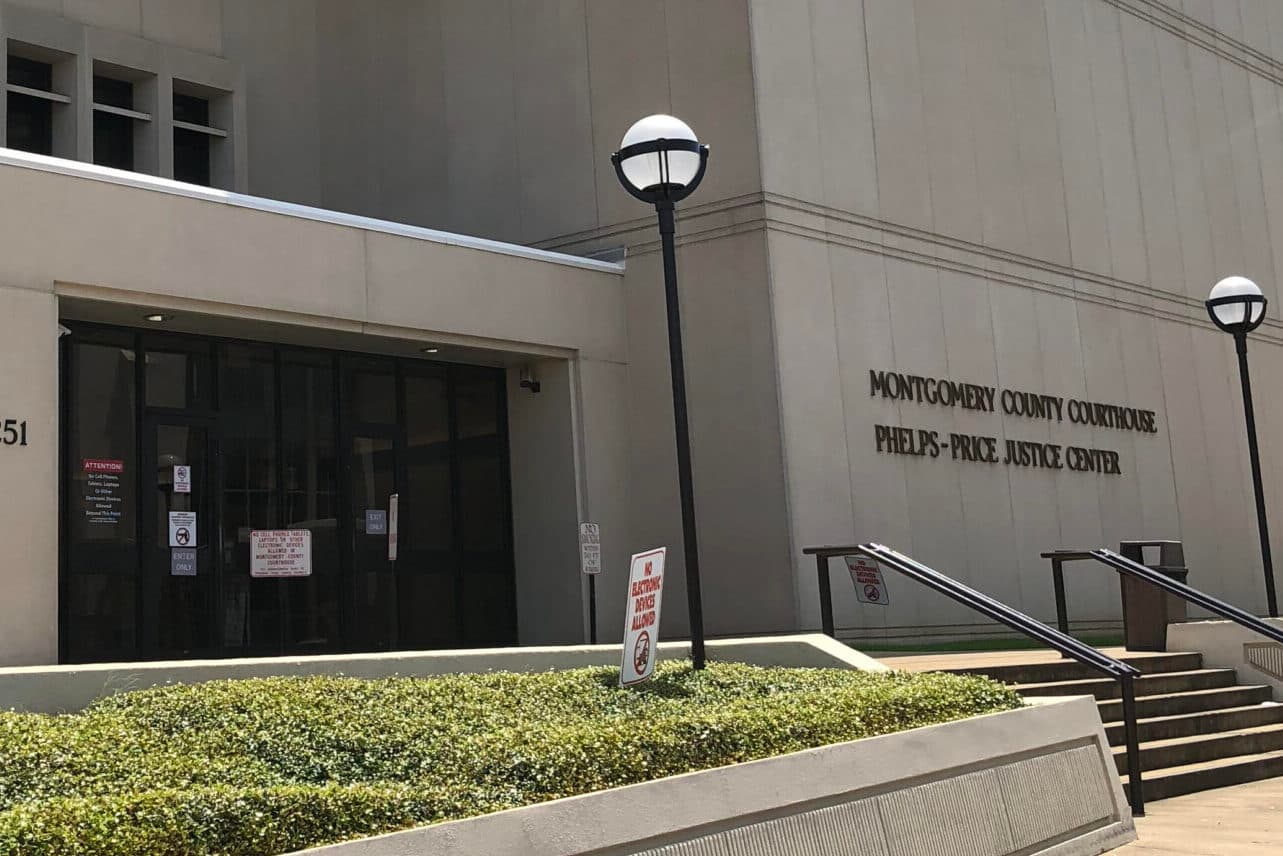MONTGOMERY — Montgomery County Circuit Judge James Anderson on Monday allowed the Alabama Medical Cannabis Commission (AMCC) to continue with its current process of awarding licenses.
AMCC awarded cultivator, processor, secure transporter, state testing laboratories and dispensary licenses on December 2. They are scheduled to award five integrated facility licenses on Tuesday.
Anderson denied motions for a temporary restraining order and preliminary injunction to stop the Commission from using its current system to rank applicants for possible license awards. The denial is being appealed by Alabama Always.
Integrated facilities are allowed to cultivate, process, dispense, transport, and sell medical cannabis. AMCC settled litigation brought by some applicant cannabis companies, including Alabama Always, in late November. The AMCC agreed not to use a scoring and evaluation system it used in previous rounds where licenses were awarded and then rescinded due to lawsuits. In exchange, lawsuits brought by unsuccessful applicants against AMCC would be dismissed in the Alabama Court of Civil Appeals and the Montgomery County Circuit Court.
Alabama Always's new lawsuit filed on Friday alleges, "[T]he Commission has adopted a voting procedure that gives a minority of Commission members the ability to effectively veto the judgment of the majority."
"The procedure requires each Commissioner to rank all 36 applicants for integrated licenses in descending order. The staff will then average the rankings to obtain a single composite ranking, and the average ranking thus generated will determine the order in which the applicants are considered for licenses," Will Somerville, an attorney representing Alabama Always, said in a complaint. "This ranking system allows individual Commissioners to "blackball" or eliminate some companies from further consideration if they give that company a very high ranking of 30 or more. There are only five licenses to be awarded. With the ranking system that is in place, the five companies selected will each have to have a very low score, meaning they were ranked very highly qualified by all of the Commissioners or nearly all of the Commissioners. But if a small minority of Commissioners rated any of those applicants between "30" and "36" instead of closer to "1," then that applicant's average rating would be increased dramatically, even if 9 of the 12 Commissioners ranked that applicant as a "1." That company would be eliminated from consideration by a minority of the Commissioners. Empowering individual Commissioners with the authority to "blackball" or eliminate some companies from consideration violates the principle that only a majority of the Commission is allowed to make decisions and award or not award these licenses."
AMCC attorneys defended their ranking system in court on Monday.
"There's a difference between scoring, ranking, and voting. This is not voting. This is scoring. They participated in this process when we said, 'We go through with this settlement. What's going to happen with scoring because we've got a rule about scoring? Well, the commissioners will do it.' They were on board with that. Now, here they are. At some point, Rule 11, you know, comes into play. Their complaint doesn't even state a claim," Michael Jackon, an attorney representing AMCC, said in court on Monday.
To connect with the author of this story or to comment, email caleb.taylor@1819News.com.
Don't miss out! Subscribe to our newsletter and get our top stories every weekday morning.










